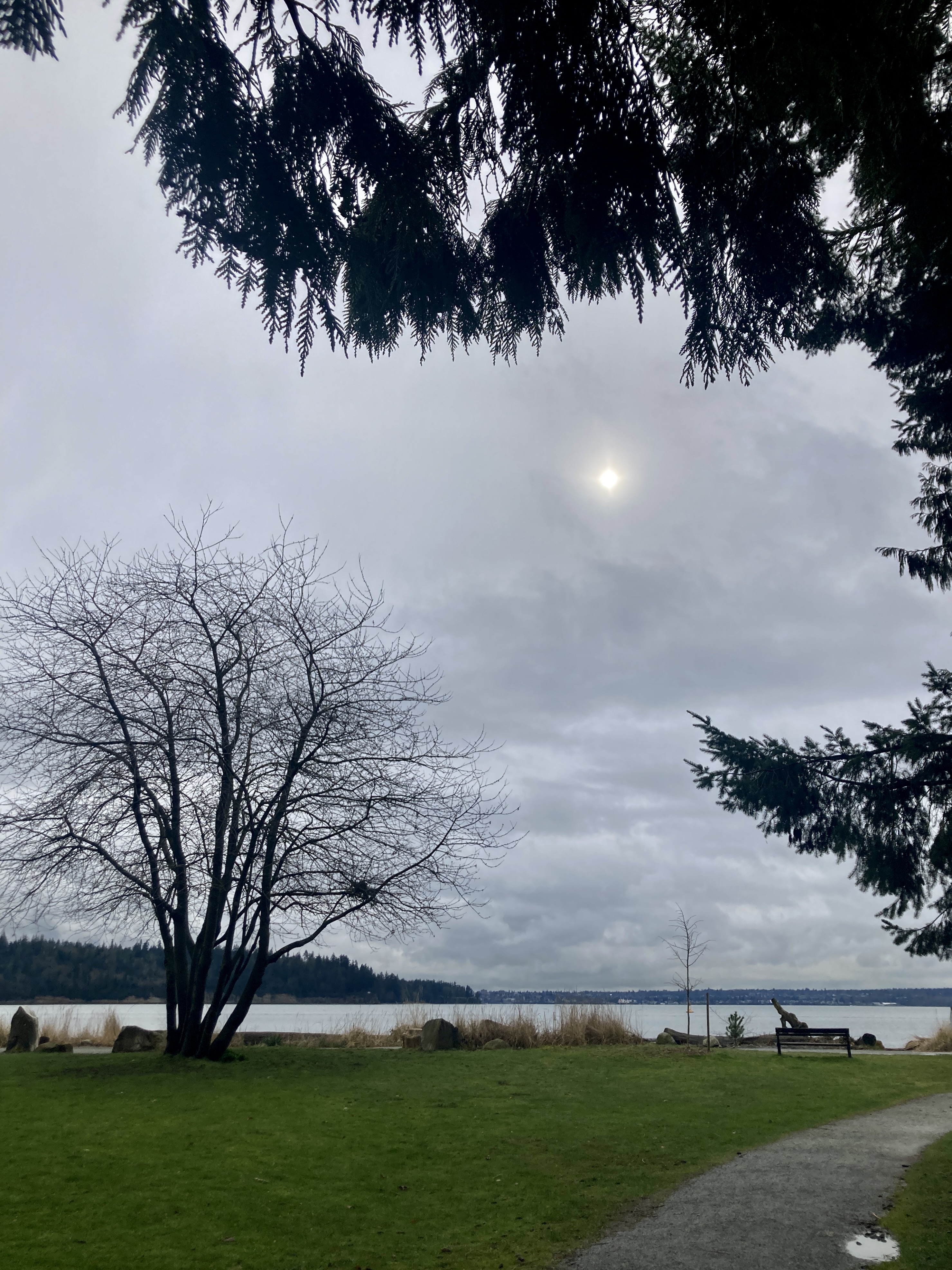Dear Mayor Ford:
I agree that on paper, it must look pretty impractical, the little place in my neighbourhood called Riverdale Farm. A municipally-owned replica of a 19th century working farm, it’s seven acres of prime real estate in the heart of the city, and what happens there? Not much. A bunch of animals – a few horses, cows, goats, sheep, ducks, chickens and pigs and a lone donkey - live out their lives, standing around and chewing a lot. They give birth, they play with each other and roll in the grass and mud; they die. It must cost the city quite a bit for all that hay.
And then there are flowerbeds and vegetable gardens, ponds and woods, and many kinds of children’s programs, all free. The city provides hot cider during the Christmas celebrations, the scary Boo Barn at Hallowe’en, the craft materials for children at Valentine’s Day and Easter. I can understand why a practical man like you thinks Riverdale Farm, like so much else, is an unnecessary frill, a drain on the city that should be cut.
I was over there recently, on a sunny weekday afternoon, with the usual assortment of visitors – parents with little ones in strollers, a few busloads of school kids, and a wheelchair van, unloading a group of seniors with picnic baskets. Not much money being pumped into our economy from those sources, particularly because the place is open every day of the year, and there’s no admission charge. Crazy! What kind of business is that?
The excitement the other day was that the ferrier had come, in his horseshoe van, to check the hooves of Rooster the Clydesdale and Dusty the donkey. Rooster stands alone now, because his mother Dolly died in August. These two massive, magnificent horses stood side by side in that paddock for decades, showing countless children and grownups what a horse is, the size and strength, the power of those legs, the utter beauty of those faces. That’s all.
As you can perhaps tell, I like the place quite a bit. During my 25 years in Cabbagetown, I’ve volunteered at the Farm in various ways. I must’ve gone over hundreds of times, for many years with my children and now by myself. It’s a tranquil haven, an oasis of sanity enjoyed by everyone, equally by my neighbours from Regent’s Park to the south and my neighbours from Rosedale to the north. Every demographic visits, all ages, including many new immigrant families.
During my visit, I asked one of the farm workers if they were going to replace Dolly. “We can’t think about that,” she said, “when our future is so uncertain.” As I walked home, I remembered the last time I felt this kind of sadness and rage for my beloved Toronto. It was when Mike Harris was Premier, a heedless man who slammed this city so hard, it has not yet recovered. And now, if you’ll forgive me, Mr. Mayor, it seems to me that you, too, have no understanding of the kind of long term vision and support that make a city great. Or of the many factors that make this one, this unique city, not only great, but liveable for all.
I thought about your proposed cuts and wondered why so many of them will have no effect whatsoever on my neighbours to the north but will deeply harm my neighbours to the south. Subsidised day care, night busses – who needs and uses those? How is it possible that we live in one of the wealthiest societies on earth and want to balance our books by cutting public transportation for night workers and cheaper day care for low-income families? How can we not feel shame at the profound injustice of these proposals?
I’ve spent time this past while in New York, London and Paris. Of course, these cities have vibrant arts scenes that draw millions of tourists to their theatres, museums and galleries. All three, Paris particularly, enjoy an efficient, modernised, well-funded and maintained public transit system. What they don’t have, what I bet not a single metropolis has at its heart anywhere in the world, is a farm full of animals, providing an honest whiff of horse manure only a stone’s throw from City Hall.
Come on over, Mr. Mayor. Hop on a Carlton streetcar (unfortunately often delayed, but be patient) or a Wellesley Street bus (it might be late, but it’ll eventually come) and stroll around the farm. Drink in the pungent air. Listen to the wind in the trees, the bleating of the goats. You could give your condolences to Rooster, whose mother just died. Just stand and look at him for awhile. It’ll do your heart good.
Some things, Mr. Mayor, simply don’t make sense on paper. Just in life.












No comments:
Post a Comment